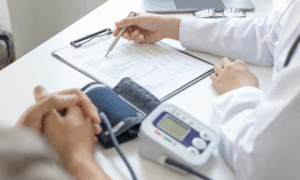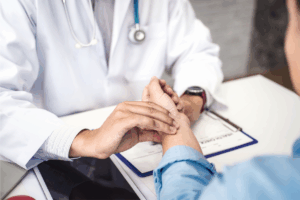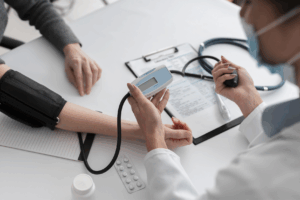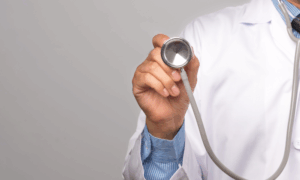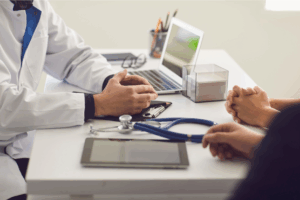Understanding HPV vaccination correctly – An important step in preventing cervical cancer
Over the years, most women have become aware of the importance of cervical cancer screening. This is a measure to help detect abnormalities early, so that treatment can be more effective.
However, the ultimate goal of medicine is not just early detection, but prevention – helping people avoid the risk of disease in the first place. And today, cervical cancer is one of the very few cancers that can be prevented by vaccination.
1. HPV vaccine – the foundation of proactive prevention
HPV vaccines, especially Gardasil 9, have been studied and widely used in many countries. This vaccine helps protect against 9 strains of HPV, including 7 high-risk strains that cause cancer and 2 strains that cause genital warts.
Although the vaccine does not cover all of the more than 100 HPV strains that exist, the strains it protects against are responsible for more than 901 TP3T cases of cervical cancer. Therefore, vaccination has a clear preventive benefit that has been demonstrated in numerous epidemiological studies worldwide.
2. Vaccination schedule and recommended age (according to the US CDC)
- 9–14 years old: 2 doses, 6–12 months apart.
- 15–26 years old: 3 doses, given at 0 – 1/2 – 6 months.
- 27–45 years old: can be injected after individualized consultation with a doctor about the benefits and risks.
The sooner the injection is given, before sexual intercourse, the higher the protection.
3. Common questions
If you have had sex and given birth, can you still get the HPV vaccine?
The answer is: Still possible – and still recommended.
Having had sexual intercourse or giving birth is not a contraindication to the HPV vaccine.
- The vaccine protects you against strains of HPV you've never been infected with, so it still offers significant benefits.
- Women up to 45 years of age are still in the recommended group to be vaccinated according to US CDC guidelines.
- For those who are married or have given birth, vaccination helps prevent reinfection or infection with other high-risk HPV strains.
Why can you still get HPV after getting the HPV vaccine?
The HPV vaccine reduces your risk of infection with strains that cause cervical cancer by 90–95%. Some reasons why you may still get HPV after vaccination include:
- The vaccine does not cover all HPV strains (it only protects against 9 of more than 100 strains).
- You already had HPV before getting vaccinated – the vaccine does not treat it.
- Incorrect timing or insufficient dose reduces effectiveness.
- Each person's immune response is different, so there is still a small percentage who are not fully protected.
Already vaccinated against HPV, do I still need cervical cancer screening?
The answer is: Regular screening is still needed.
Although the HPV vaccine helps prevent most strains of the virus that cause cervical cancer,:
- The 100% vaccine does not cover all strains of HPV, so there is still a small risk of infection with other strains.
- Protection decreases over time, especially if given in adulthood.
- Screening helps detect precancerous lesions early, something vaccines cannot replace.
Therefore, even if fully vaccinated, women should still be screened with a Pap smear or HPV test regularly as recommended by their doctor.
HPV vaccination is a health gift you can proactively give yourself – a small decision today, but with great protection for the future.


